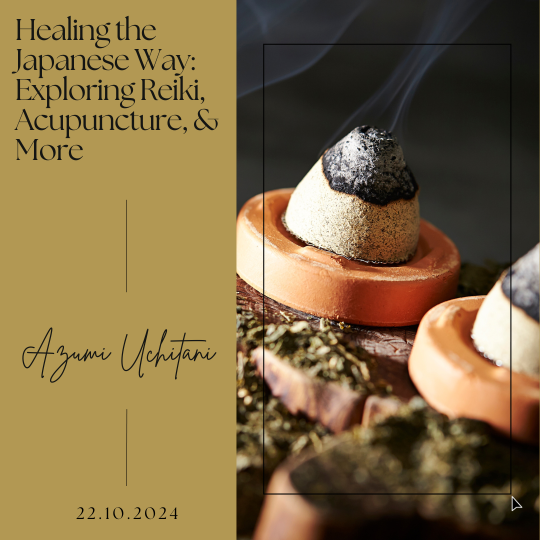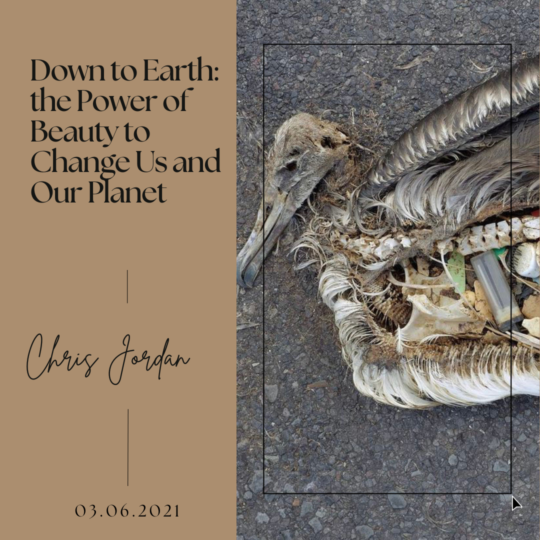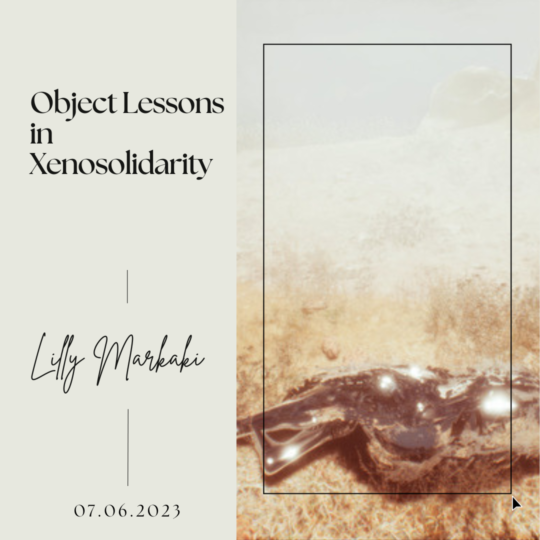How patience is becoming a lost virtue in our instant-gratification society
written by art historian & curator
Our society, once accustomed to waiting and savouring the slow burn of anticipation, now thrives on the immediate and the instant. The concept of patience, celebrated in various cultures as a cornerstone of wisdom, resilience, and moral fortitude, is losing its relevance in a world where almost everything is accessible at the touch of a button. The shift from delayed to instant gratification is not just a behavior change; it reflects a profound cultural transformation with wide-reaching implications for our mental well-being, social interactions, and even our sense of identity. The digital age has brought with it unparalleled convenience.
Videos you may enjoy as well:
From how we consume information to how we shop, communicate, and entertain ourselves, the promise of instant results is ever-present. Social media platforms provide us with constant updates and dopamine hits, reinforcing the idea that everything we desire should be available immediately. Streaming services have replaced the weekly anticipation of a new episode with the ability to binge-watch entire seasons in one sitting. While these advancements have undeniably made life easier and more efficient, they have also conditioned us to expect immediate gratification in all areas of our lives. This expectation can lead to frustration and impatience when things do not happen as quickly as we would like. The idea of waiting—whether for a reply to a message, the arrival of a package, or the resolution of a problem—has become increasingly intolerable for many people. Has humanity lost its patience? Is this becoming a virtue that we need to regain?
The Erosion of Patience
Patience has long been regarded as a virtue, one that requires discipline, self-control, and the ability to delay gratification in pursuit of a greater reward. It is a quality that has been extolled by philosophers, religious leaders, and cultural icons throughout history. The ancient Greeks considered patience to be a form of endurance, a strength that allowed individuals to withstand the trials of life. In Eastern philosophies, such as Buddhism and Taoism, patience is seen as essential for achieving inner peace and enlightenment. In the Christian tradition, patience is one of the fruits of the Holy Spirit, a sign of spiritual maturity.

However, in our fast-paced, hyperconnected world, the value of patience is increasingly overshadowed by the desire for immediacy. The constant barrage of stimuli and the availability of instant solutions have eroded our ability to wait. This erosion is evident in various aspects of modern life, from our relationships to our work habits and even our personal goals. In relationships, the decline of patience manifests in the way we communicate. The expectation of immediate responses to texts or emails often creates tension, leading to misunderstandings and conflicts. The rise of dating apps, where potential partners are swiped away with a flick of the finger, reflects a diminishing willingness to invest time and effort in getting to know someone. The concept of ”waiting” for the right person or the right moment has been replaced by the pursuit of instant connections and instant validation.
In the workplace, the pressure for quick results often undermines the value of thoughtful, deliberate work. Employees are expected to multitask and meet tight deadlines, often at the expense of quality and creativity. The emphasis on speed can lead to burnout, as individuals feel compelled to keep up with the relentless pace of their environments. The traditional notion that good things come to those who wait has been supplanted by the mantra that faster is better. Even in our personal lives, the decline of patience is evident in the way we approach goals and challenges. The pursuit of success, whether in terms of career advancement, fitness, or personal development, is often driven by the desire for immediate results. The popularity of ”quick fixes” and ”life hacks” reflects a growing impatience with the slow, steady progress that is typically required to achieve meaningful change. The willingness to endure hardship and persevere through difficulties is increasingly rare, as many people opt for shortcuts that promise instant success.
The Consequences of Impatience
The loss of patience as a cultural value has far-reaching consequences. On a psychological level, the constant craving for instant gratification created stress, anxiety, and a sense of dissatisfaction. When our expectations for immediacy are not met, we may experience frustration, anger, and a feeling of helplessness. This can create a vicious cycle, where the more we seek instant gratification, the more we become intolerant of anything that requires time and effort. Socially speaking, one can observe the decline of patience which eroded the quality of our relationships. The inability to wait and the demand for immediate responses strained communication and reduced empathy. When we are constantly focused on the next thing—whether it’s the next message, the next task, or the next goal—we may lose sight of the importance of being present in the moment and appreciating the people around us.

On a broader scale, the erosion of patience can have significant cultural implications. Societies that value instant gratification may prioritize short-term gains over long-term sustainability. This often leads to decisions that are driven by immediate benefits rather than careful consideration of future consequences. In areas such as politics, business, and environmental policy, a lack of patience can result in hasty, poorly thought-out actions that have detrimental effects on society and the planet.
Rediscovering the Virtue of Patience
In light of these challenges, it is essential to rediscover and cultivate the virtue of patience in our lives. This requires a conscious effort to resist the pull of instant gratification and to embrace the value of waiting. Patience is not just about enduring delays or setbacks; it is about developing a mindset that values long-term growth, resilience, and the ability to find meaning in the process rather than just the outcome. One way to cultivate patience is through mindfulness practices that encourage us to slow down and focus on the present moment. Meditation, deep breathing, and other mindfulness techniques can help us become more aware of our impulses and more capable of managing them. By learning to tolerate discomfort and uncertainty, we can build the mental resilience needed to navigate the challenges of life with patience and grace.
Another approach is to reframe our perspective on time. Instead of viewing waiting as a waste of time, we can see it as an opportunity for reflection, learning, and growth. By shifting our focus from the immediate to the long-term, we can develop a deeper appreciation for the journey rather than just the destination. It is important to recognize the value of patience in our relationships and interactions with others. By being patient with ourselves and others, we can develop greater understanding, empathy, and connection. This requires us to let go of the expectation of immediate results and to invest time and effort in building meaningful relationships and achieving lasting success.
There are a few public personalities whose lives and achievements exemplify the value of patience. Take Nelson Mandela for example. Mandela’s life is a profound example of patience and perseverance. Imprisoned for 27 years due to his fight against apartheid in South Africa, Mandela never lost sight of his vision for a free and equal society. Despite the long years of confinement, he remained patient and steadfast in his beliefs. Upon his release, rather than seeking immediate retribution, he pursued a path of reconciliation and peace, ultimately leading to the dismantling of apartheid and his election as South Africa’s first Black president. Mandela’s patience and long-term perspective allowed him to achieve lasting change for his country.
Mahatma Gandhi’s approach to social and political change through nonviolent resistance required immense patience. His strategy of satyagraha, or peaceful protest, often involved long campaigns of civil disobedience that demanded endurance and self-restraint. The Salt March of 1930, a 240-mile protest against the British salt tax, is one example where Gandhi demonstrated the power of patient, nonviolent resistance. His patience in the face of adversity and his commitment to a long-term vision of Indian independence eventually led to the liberation of India from British rule.
In a world that increasingly values speed and instant gratification, patience is becoming a lost virtue. The decline of patience has significant implications for our mental well-being, our relationships, and our society as a whole. However, by consciously cultivating patience and embracing the value of waiting, we can counteract the pressures of modern life and rediscover the timeless wisdom that patience brings. In doing so, we may find that the rewards of patience—resilience, wisdom, and lasting fulfillment—are well worth the wait.





Leave a Reply